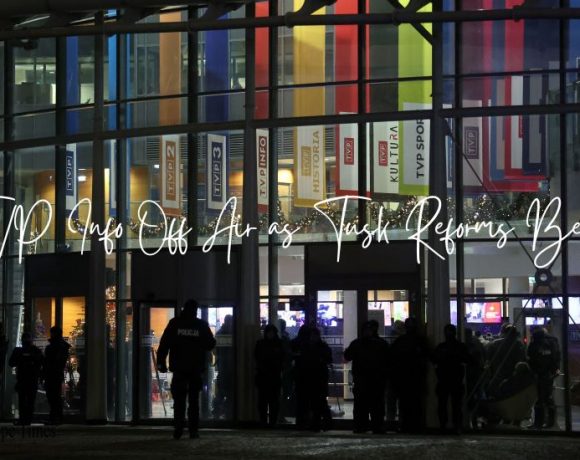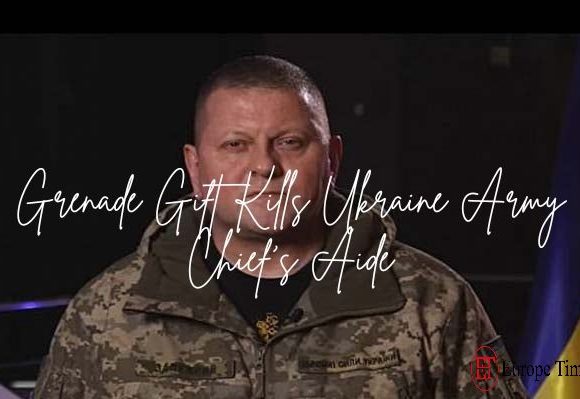
The Polish state TV channel TVP Info has been taken off the air as part of Prime Minister Donald Tusk’s government efforts to depoliticize public media. The move follows a parliamentary resolution calling for independence, objectivity, and pluralism in public TV and radio.
The heads of TVP and Polish Radio have been dismissed by the new culture minister. The Law and Justice (PiS) party, which lost power in October, staged a sit-in at state TV HQ in protest. State media is crucial in Poland, with about a third of people relying solely on it for news. TVP had become a propaganda tool for the previous PiS government. The new coalition, led by pro-EU Prime Minister Donald Tusk, aims to transform state media into a platform for reliable information.
The former PiS prime minister and President Andrzej Duda criticized the government’s actions, accusing it of violating constitutional principles and the law. The Tusk-led coalition won elections in October on a promise to overturn PiS reforms. PiS had exerted extensive control over TVP’s narrative, changing media laws and appointing sympathetic journalists. The Tusk government is swiftly removing PiS appointees from government bodies.
The dismissals have faced criticism, with the National Broadcasting Council stating they are illegal. The media regulator claims turning off TVP Info is an act of lawlessness reminiscent of martial law. PiS argues that the parliamentary resolution does not grant the power to sack management boards. However, the culture minister asserts ownership rights over state companies, justifying the authority to make changes.
The Tusk government may encounter resistance, as President Duda has the power to veto legislation and has called for respect for the Polish legal order. The coalition government plans changes to TVP personnel by Christmas, targeting up to 60 employees who violated journalistic standards.
Picture Courtesy: Google/images are subject to copyright

